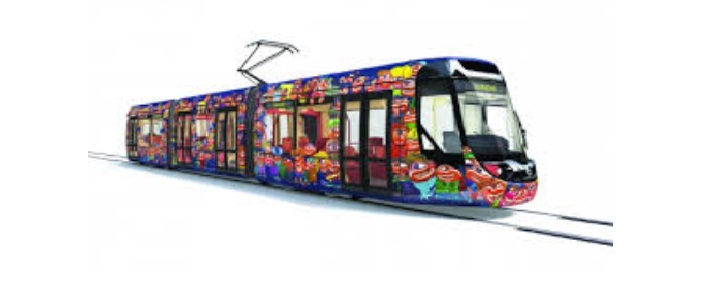We gladly receive and publish.
For Philippe Pradal, first deputy mayor of Nice, free public transportation “is not a solution we wish to activate.”
This refusal, wrapped in arguments that are at least specious, actually reflects Christian Estrosi’s refusal to resolutely turn our city and the Metropolis towards the future.
Today, the idea of free public transportation is gaining ground. To date, 37 communities have implemented the principle, resulting in a significant increase in ridership. In Aubagne, +70%, in Châteauroux +80%, in Dunkirk (free only on weekends) it’s +40%. At a time when everyone is concerned about the impacts of climate change, when CO2 emissions are on the rise again, and when the road network of our city, the Metropolis, and the department are entirely saturated for several hours a day, the question of free transportation arises forcefully once more.
This solution, accompanied by the development of transportation offerings, diversification of modes of travel as a consequence, implementation of genuine intermodality, and suitable scheduling, would make our territory more breathable. Free transportation addresses sustainable development issues and reintroduces the notions of equality and solidarity into the right to transportation. Certainly, free transportation represents an investment, 45 million euros at the Metropolis level. A substantial investment, but when divided by the population of the Metropolis, it represents less than 25 cents per day per inhabitant. Yet an investment that induces savings by reducing the number of days lost in traffic jams, savings in terms of public health, and improved quality of life.
Free public transportation is more relevant than ever, and it is possible; it’s a fight for the future!


